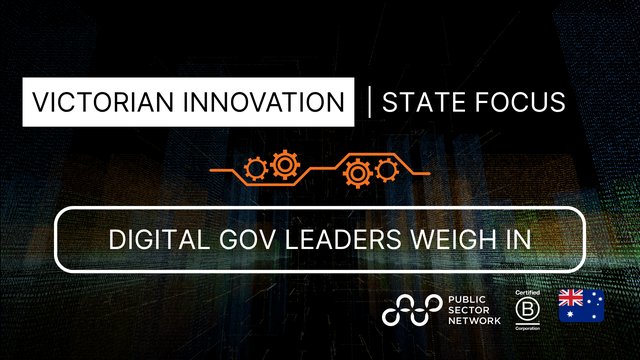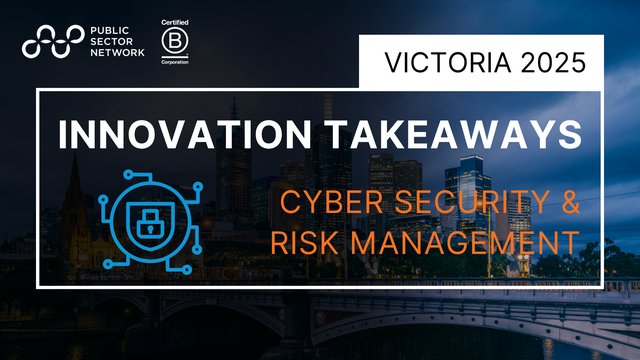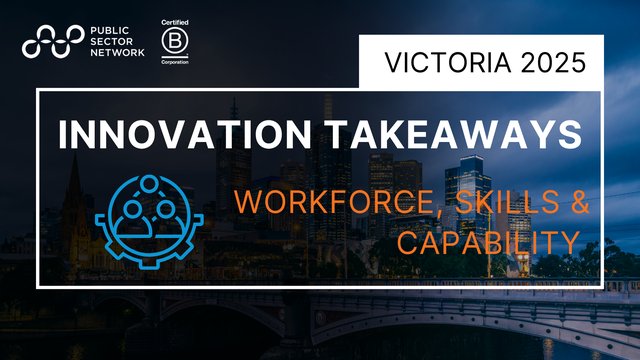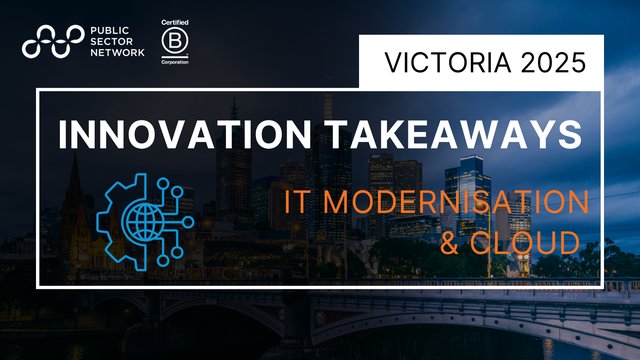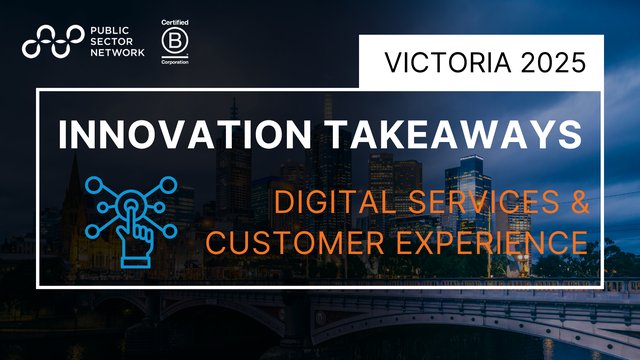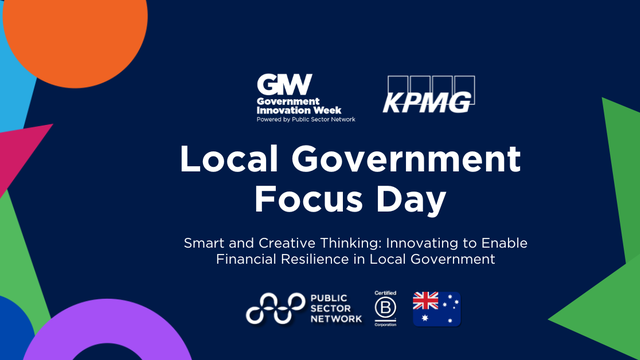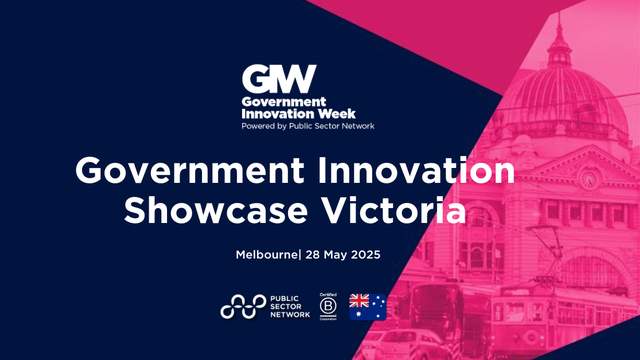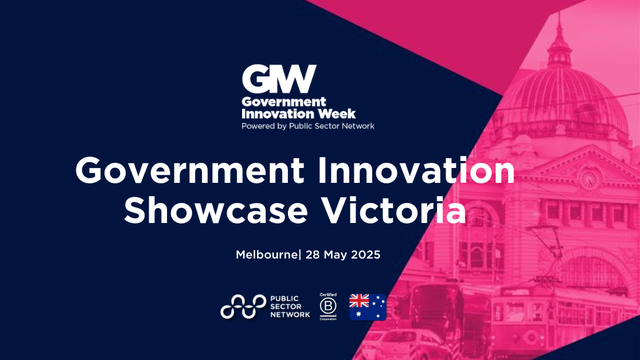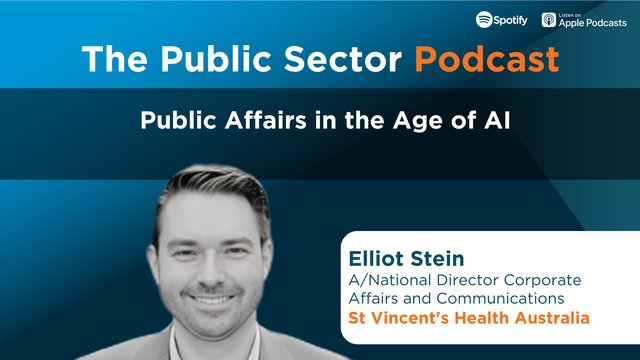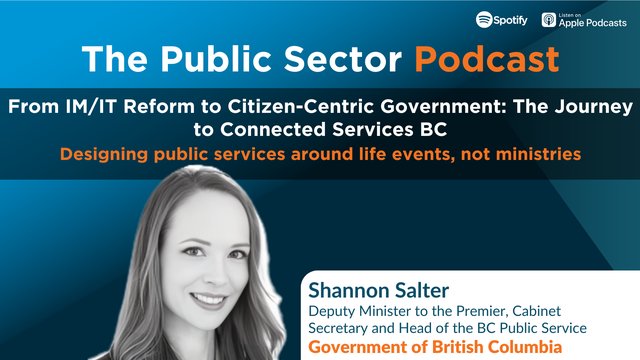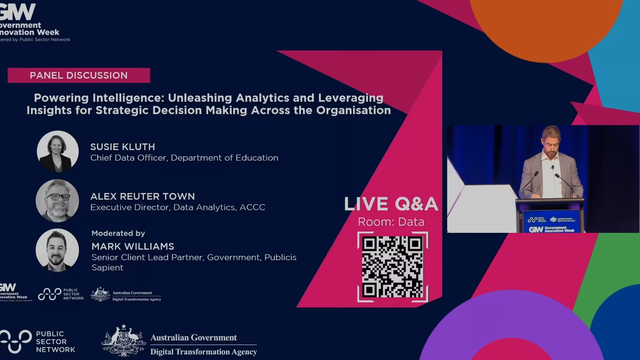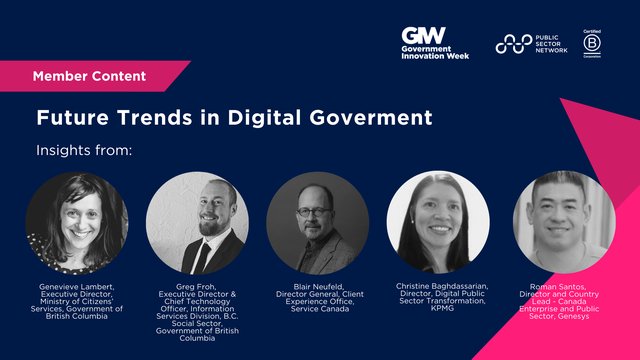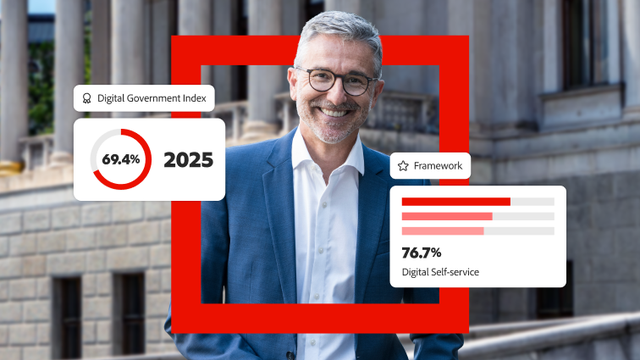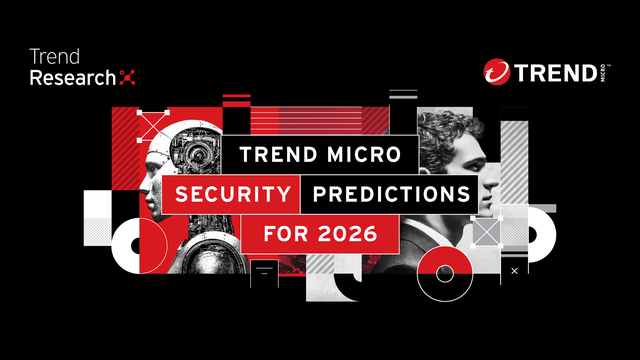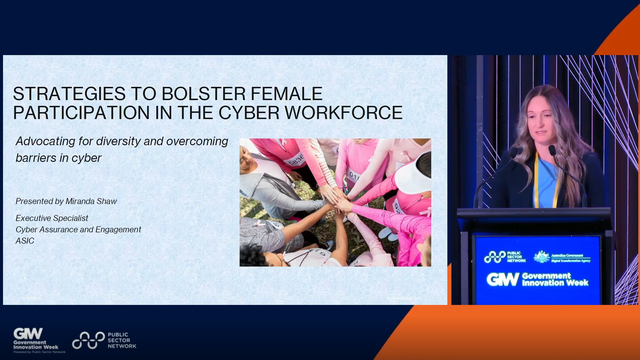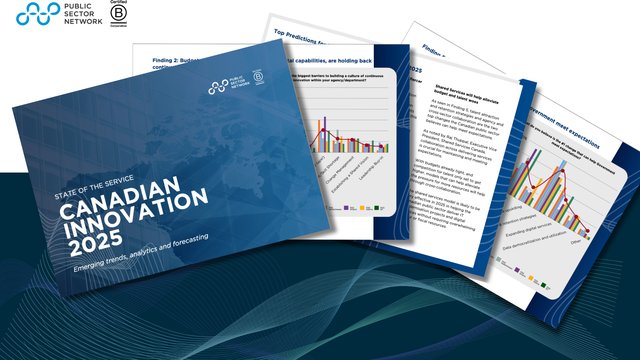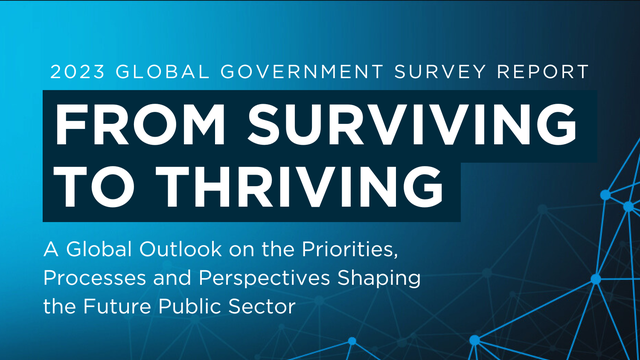
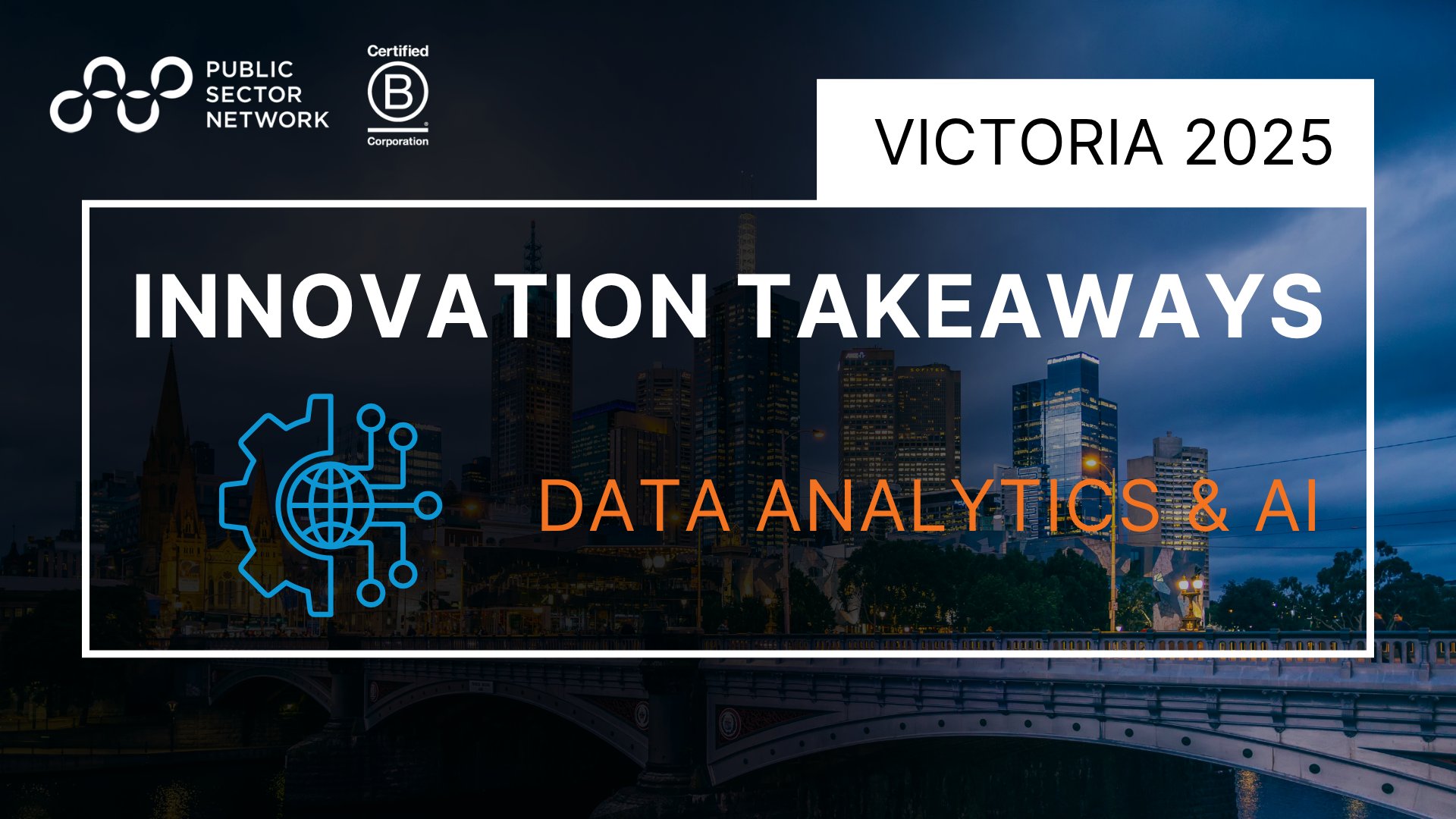
Empowering Food Relief: Harnessing Data for Maximum Impact
Kennie Greagen, Applied Research & Innovation Manager, Foodbank Victoria
Data enables dignified, targeted food relief that meets real community needs.
Foodbank Victoria uses internal and external data to understand who is food insecure, where they are, and what food they actually want and need. Instead of blanket delivery, data-driven “community food plans” guide culturally appropriate, place-based responses that restore dignity and reduce waste. This ensures people receive support that resonates with their dietary needs, cultural background, and personal circumstances.Real-time insights fuel smarter, more cost-effective and equitable delivery.
Through ERP upgrades and the use of Qlik tools, Foodbank has gained near real-time visibility into food supply and demand. This has cut procurement costs by 15%, driven waste to under 1%, and enhanced responsiveness to emerging trends, like rising need among dual-income households. Charity partner feedback and live dashboards allow for rapid iteration and precise targeting of mobile services in under-served areas.Sector-wide transformation is possible when charities treat data as a strategic asset.
In an environment of stretched resources and increasing need, Foodbank shows how not-for-profits can lead digital transformation. By sharing dashboards with government partners, participating in policy inquiries, and planning for AI and automation, they’re bridging gaps in real-time service and long-term planning. The lesson: community impact and ESG leadership depend on embedding data literacy, stewardship, and collaboration at every level.
Elevating Customer Experiences with the Data, Analytics, and AI Trifecta
Syed Ahmed, Executive Director of Data and Analytics, Department of Transport and Planning
Max Jacobs, Director, Digital and Analytics Service, Department of Government Services
Facilitator: Cassandra Bisset, VP of Strategy - Public Sector and Content Services, Objective
Centralised, connected data ecosystems are critical for joined-up digital public services.
Both panellists underscored the need to unify siloed data across agencies and legacy systems. For Transport and Planning, consolidating roads, public transport and planning datasets has unlocked previously unanswerable insights—like how infrastructure works affect multi-modal transport networks. Without integration, even simple questions (“What services are needed for a new suburb?”) remain elusive. Agencies must invest in flexible, scalable platforms—like Databricks, Azure, and GCP—and enable drag-and-drop, schema-friendly tools for wide usability.Start with simple, low-risk AI use cases—and never lead with tech.
A clear message: “Don’t start with AI—start with the problem.” Successful projects focus on augmenting existing human-led processes (e.g., document summarisation, contact centre knowledge retrieval), not automating high-stakes decisions. With public trust on the line, AI must be deployed cautiously, in well-governed environments, and ideally in back-office tasks first. Establishing risk-based approaches and AI ethics frameworks—like DGS’s Assurance Guidelines—is essential for scaling safely.Culture, capability and consumption matter as much as cloud.
Technology is only one part of the transformation. Both departments made strategic investments in staff capability: mandating training in SQL and platforms as part of KPIs, democratising access to data, and aligning business users with insights teams. Max’s team even built tailored interfaces like Vic Chat (a closed-loop LLM) to better understand user needs and guide education. The takeaway: for AI and data analytics to uplift services, everyone—from executives to analysts—must be empowered to engage confidently, safely, and strategically.
Government Interactive Designing Ethical AI: Balancing Innovation and Accountability
Alex Murphy, Assistant Government Solicitor (Commercial, Property and Technology), Victorian Government Solicitor’s Office
Anita Arbogast, Executive Director Centre for Business Analytics, Melbourne Business School
Facilitator: Professor Matt Duckham, Director, Enabling Impact Platform (Information in Society), RMIT University
Trust is the public sector’s currency—ethical AI starts with governance, not algorithms.
Panellists underscored that ethical AI isn’t an abstract principle—it’s embedded in regulation, public expectations, and institutional responsibilities. Government agencies must treat data as a strategic asset, not just a technical cost, and proactively build governance structures that align with Australia’s AI Ethics Principles (e.g., fairness, accountability, privacy). Ethical AI begins with leadership setting a culture of trust and transparency—from the boardroom to the frontlines.Lawyers and legal risk management must be embedded early in AI projects—not as afterthoughts.
Alex urged departments to involve legal advisors at the start of data and AI initiatives, not after solutions are already built. By doing so, privacy, administrative law, and compliance frameworks can guide responsible design. Whether the use case is document triage in public prosecutions or cross-agency data sharing, building in auditability, traceability, and consent protocols from the outset prevents legal “showstoppers” later and enhances legitimacy.Australia urgently needs AI literacy uplift, guardrails for shadow use, and fit-for-purpose regulation.
While the regulatory environment is evolving, current laws like the Privacy Act and guidance from the Office of the Victorian Information Commissioner (OVIC) already set key obligations. However, growing “shadow AI” usage by public servants—who seek productivity boosts without official tools—presents new risks. The panel called for mandatory education on AI, and stronger governance to ensure that innovation does not outpace accountability. The goal: responsible, citizen-centred AI that earns and maintains the public’s trust.

